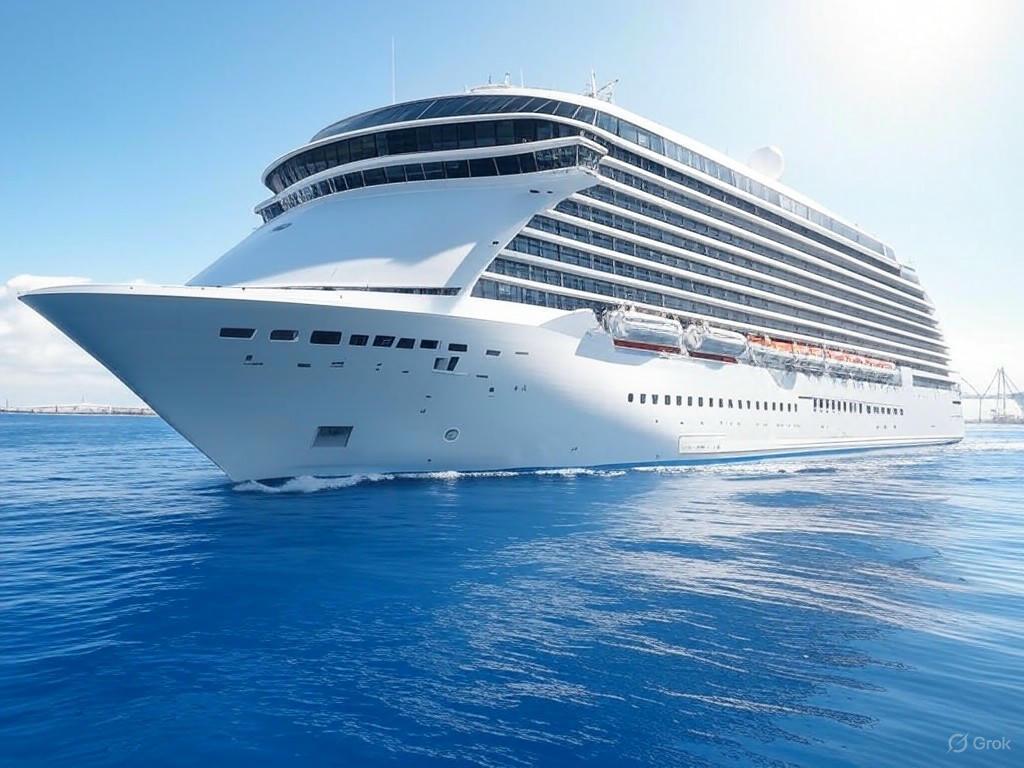As the world seeks sustainable solutions to tackle climate change, shipping—a key contributor to carbon emissions—is on the frontline of transformation. Hydrogen fuel cells emerge as a promising technology to power the ships of tomorrow.
Hydrogen fuel cells offer a clean and efficient power source for ships by producing electricity through an electrochemical reaction, emitting only water vapor and heat as byproducts. This makes them a zero-emission alternative to the traditional maritime fuels that contribute to climate change. Recent developments have focused on integrating fuel cells into the propelled systems of ships, which could be revolutionary for an industry eager to align with global climate goals [1].
One such initiative is the [zero4cruise project](https://www.offshore-energy.biz/german-consortium-sets-out-to-activate-fuel-cell-technology-for-cruise-ships/), aimed at utilizing hydrogen to power cruise ships. By developing fuel cell systems compatible with existing and new vessels, the zero4cruise initiative seeks to significantly reduce emissions in the cruise sector. The technology includes proton exchange membrane fuel cells combined with methanol reformers to ensure efficient energy use. The project highlights the collaboration needed to advance hydrogen technologies, combining expertise from companies like Meyer Werft with engineering insights from the German Aerospace Center.
However, broad adoption of hydrogen faces challenges, particularly in production and storage. Current methods heavily rely on fossil fuels, rendering much of the existing hydrogen 'gray,' which contradicts the clean promise of hydrogen. Producing 'green' hydrogen through renewable energy-driven electrolysis presents a solution, but economic and infrastructural hurdles remain [2]. Measuring hydrogen's full potential involves strategic policy support and substantial investments in renewable technologies and infrastructure development.
In parallel, the South Korean conglomerate HD KSOE, in collaboration with DNV, is exploring CO2 capture technologies for solid oxide fuel cells (SOFCs). These collaborations aim to make maritime operation more sustainable by experimenting with efficient carbon capture and utilization techniques, reflecting a commitment to reducing shipping's carbon footprint [3].
As the industry sails towards decarbonization, hydrogen presents both a remarkable opportunity and a formidable challenge. The ongoing research and development in hydrogen fuel cell technologies, buoyed by international cooperation, suggest a tidal shift in marine energy use. Realizing this potential calls for coordinated action from shipbuilders, innovators, and regulatory bodies globally.
References:
1. German consortium sets out to activate fuel cell technology for cruise ships
2. Hydrogen: The Key to Decarbonizing the Global Shipping Industry?
3. DNV and HD KSOE Set Sights on CO2 Capture Technology for SOFC







